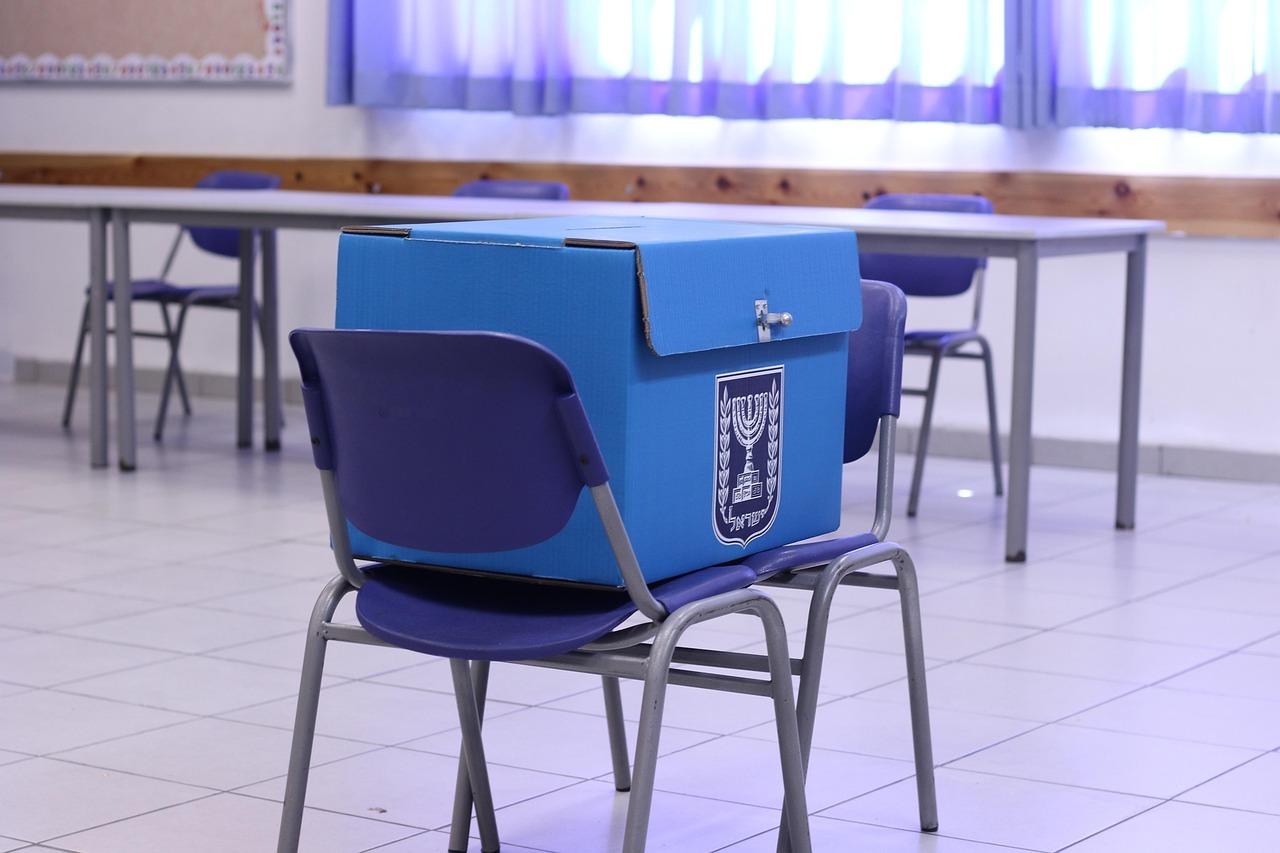Are you curious about SSD storage in web hosting? Think of it as the turbocharger for your website! With faster data access and improved performance, SSDs can significantly enhance your site’s speed and reliability. Let’s dive into why SSDs are a game-changer!
What is SSD Storage in Web Hosting? (Beginner’s Guide)
Introduction:
Hey there! If you’re diving into the world of web hosting, you might have come across the term “SSD storage” and found yourself wondering what it actually means. Don’t worry; you’re not alone! Whether you’re starting a personal blog, setting up an online store, or managing a business website, understanding the underlying technology can make a world of difference.
In this beginner’s guide, we’ll break down SSD storage in web hosting in a way that’s easy to grasp. We’ll explore what SSDs are, how they stack up against traditional hard drives, and why they can be a game-changer for your website’s performance. So, if you’re ready to elevate your web hosting experience and ensure your site runs smoothly and efficiently, let’s jump right in! You’ll soon see why choosing SSD storage could be one of the best decisions you make for your online presence.
Understanding SSD Storage and Its Role in Web Hosting
When it comes to web hosting, understanding the technology behind storage solutions can significantly impact your website’s performance. One of the most revolutionary advancements in this area is Solid State Drive (SSD) storage. Unlike traditional Hard Disk Drives (HDD), SSDs use flash memory to store data, allowing for faster read and write speeds. This difference makes SSDs a preferred choice for web hosting, especially for businesses that demand high efficiency and speed.
Here are some key advantages of SSD storage in web hosting:
- Speed: SSDs can access data almost instantly, resulting in quicker load times for your website. This translates to enhanced user experience and potentially higher conversion rates.
- Reliability: With no moving parts, SSDs are less prone to mechanical failure compared to HDDs. This durability makes them a more reliable option for hosting critical applications.
- Efficiency: SSDs consume less energy, which not only reduces operational costs but also contributes to a greener hosting solution.
- Performance under Load: SSDs excel in high-traffic situations. They can handle multiple read/write operations simultaneously without lagging, making them ideal for busy websites.
Another compelling benefit of SSD storage is its impact on search engine optimization (SEO). Search engines like Google prioritize fast-loading websites. By utilizing SSDs, you can improve your site’s loading time, leading to better rankings in search results. This is crucial for businesses looking to enhance their online visibility and attract more visitors.
When considering the best web hosting package, you might encounter a comparison between SSD and HDD storage options. To help visualize the differences, here’s a simple table highlighting the key factors:
| Feature | SSD | HDD |
|---|---|---|
| Speed | High | Moderate |
| Durability | More Reliable | Less Reliable |
| Energy Efficiency | Low | Higher |
| Cost | Higher | Lower |
While SSDs typically come at a higher price point than HDDs, the long-term benefits often outweigh the initial costs. Investing in SSD storage can lead to enhanced performance, improved customer satisfaction, and ultimately, increased revenue. As you navigate the world of web hosting, consider how SSD technology can elevate your website to new heights.
Why SSDs Are a Game Changer for Your Website
When it comes to web hosting, the performance of your website is paramount, and this is where Solid State Drives (SSDs) step in to revolutionize the game. Unlike traditional Hard Disk Drives (HDDs), SSDs utilize flash memory to store data, resulting in significantly faster read and write speeds. This technology not only enhances the user experience but also improves overall website performance.
Here are some compelling reasons why integrating SSDs into your web hosting plan is a smart move:
- Speed: SSDs can deliver data to visitors at lightning speed, reducing load times and keeping your audience engaged. Studies show that even a one-second delay can lead to increased bounce rates.
- Reliability: SSDs are more durable than HDDs since they lack moving parts. This makes them less prone to mechanical failure, ensuring your website remains accessible and minimizing downtime.
- Better Performance under Load: During peak traffic times, SSDs maintain performance levels, allowing your site to handle more simultaneous users without lagging.
- Energy Efficiency: SSDs consume less power than HDDs, which can lead to cost savings on your hosting bill and a lower carbon footprint for your business.
Moreover, the benefits of SSD storage extend beyond just speed and reliability. They can also positively impact your search engine optimization (SEO). Search engines prioritize fast-loading websites, and by using SSDs, you can improve your site’s rankings and visibility. The quicker your site loads, the better the chances are of retaining visitors who might otherwise click away.
To illustrate the advantages of SSDs compared to traditional HDDs, consider the following table:
| Feature | SSD | HDD |
|---|---|---|
| Speed | High (up to 550 MB/s) | Moderate (up to 150 MB/s) |
| Durability | Very High | Moderate |
| Noise Level | Silent | Audible |
| Power Consumption | Low | Higher |
the incorporation of SSDs into your web hosting solution is a game changer that can lead to enhanced speed, improved reliability, and better user experience. As more businesses recognize the importance of online presence, investing in SSD technology is not just an option but a necessity for staying competitive in the digital landscape.
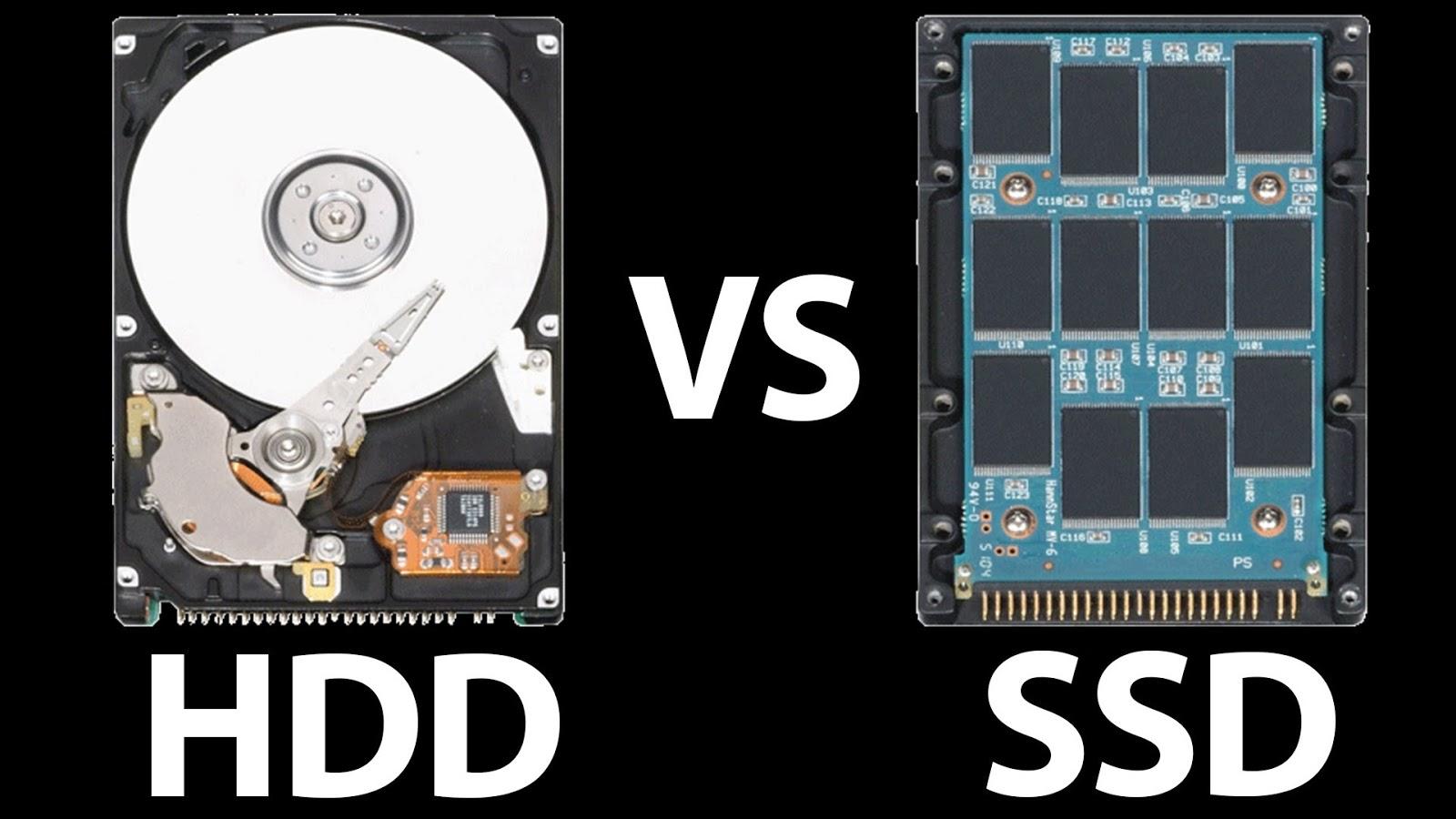
Comparing SSD Storage to Traditional HDD: What You Need to Know
When it comes to web hosting, understanding the difference between SSD (Solid State Drive) storage and traditional HDD (Hard Disk Drive) is crucial for optimizing your website’s performance. While both serve the essential purpose of storing data, their mechanics and efficiency levels can significantly affect your site’s speed and reliability.
Speed is the Name of the Game:
One of the most notable advantages of SSDs over HDDs is speed. SSDs leverage flash memory, which allows for lightning-fast read and write speeds. This means that websites hosted on SSD servers load quicker, enhancing user experience and potentially improving SEO rankings. In contrast, HDDs utilize spinning disks, resulting in slower data access times.
Durability and Reliability:
In terms of durability, SSDs outshine HDDs. SSDs don’t have moving parts, making them more resistant to physical shocks and vibrations. This reliability means your data is less likely to be lost or corrupted compared to traditional HDDs. If you’re running a business or an e-commerce site, this added security could be a game-changer.
Energy Efficiency:
Another important factor is energy consumption. SSDs typically consume less power than HDDs, which not only helps reduce your server costs but also makes them a more environmentally friendly option. Hosting providers often pass these savings onto their customers, making SSD hosting an attractive option for budget-conscious businesses.
Cost Considerations:
While SSDs offer numerous advantages, it’s worth noting that they can come with a higher price tag than HDDs. However, the long-term benefits often outweigh the initial investment, especially for websites that require high performance and reliability. If you’re considering upgrading or choosing a hosting service, weigh the costs against the benefits to determine the best fit for your needs.
| Feature | SSD | HDD |
|---|---|---|
| Speed | Fast (up to 500 MB/s) | Slow (up to 150 MB/s) |
| Durability | High (no moving parts) | Moderate (moving parts) |
| Power Consumption | Low | High |
| Cost | Higher | Lower |
when choosing between SSD storage and traditional HDD for your web hosting needs, consider the speed, durability, energy efficiency, and cost-effectiveness that SSDs offer. Making the right choice can lead to a significant improvement in your website’s performance, ultimately providing a better experience for your visitors and greater success for your business.
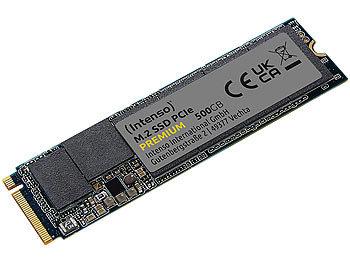
The Performance Boost: How SSDs Enhance Loading Speeds
When it comes to web hosting, the choice of storage can make a world of difference in how quickly your website loads. Solid State Drives (SSDs) are revolutionizing the way data is stored and accessed, and their impact on loading speeds is nothing short of remarkable. Unlike traditional Hard Disk Drives (HDDs), which use spinning disks and mechanical parts, SSDs are built on flash memory technology. This fundamental difference leads to several advantages that enhance performance significantly.
Speed is the name of the game. SSDs can access data almost instantly, leading to load times that are significantly faster than HDDs. This means that when a user clicks on your website, the data required to display the page is retrieved in milliseconds. In fact, SSDs can be up to 100 times faster than HDDs. This quick access not only improves user experience but also reduces bounce rates, as visitors are less likely to leave a site that loads rapidly.
Additionally, SSDs handle multiple requests more efficiently. With websites often serving content to hundreds or thousands of users simultaneously, the ability to manage concurrent read and write operations is crucial. SSDs excel in this area due to their lack of moving parts, allowing them to handle more tasks at once without a slowdown. This means your website can maintain speed and performance, even during peak traffic times.
Here are some key benefits of using SSDs in web hosting:
- Reduced Latency: Faster data retrieval times mean less waiting for users.
- Improved Reliability: Fewer mechanical parts mean a lower risk of failure.
- Lower Power Consumption: SSDs are more energy-efficient compared to HDDs.
- Enhanced Scalability: SSDs can support more demanding applications seamlessly.
To put things into perspective, here’s a simple comparison of loading speeds between SSD and HDD storage:
| Feature | SSD | HDD |
|---|---|---|
| Average Load Time | 20-100 ms | 500 ms – 1 sec |
| Data Transfer Rate | 500 MB/s - 3,500 MB/s | 80 MB/s – 160 MB/s |
| Durability | High (no moving parts) | Medium (mechanical components) |
the performance boost that SSDs provide is a game changer for web hosting. With faster loading times, better handling of multiple requests, and increased reliability, choosing an SSD for your web hosting needs is a smart move. Whether you’re running a personal blog or a large e-commerce site, the speed advantages of SSD storage can lead to improved customer satisfaction and a competitive edge in the constantly evolving digital landscape.
Reliability and Durability of SSDs: A Smart Choice for Your Data
When it comes to storing your data, reliability and durability are paramount. Solid State Drives (SSDs) have become the go-to option for web hosting due to their impressive longevity and resistance to physical wear and tear. Unlike traditional Hard Disk Drives (HDDs), which rely on moving parts to read and write data, SSDs use flash memory technology. This fundamental difference makes SSDs not only faster but also far more resilient.
One of the primary advantages of SSDs is their robustness. Since they lack mechanical components, they are less susceptible to failure from shocks and vibrations. This means that if you’re hosting a website with critical data, you can rest easy knowing that your SSD is equipped to handle unexpected bumps in the road—literally and figuratively. Here are some key points regarding the reliability of SSDs:
- No Moving Parts: This eliminates the risk of mechanical failure.
- Longer Lifespan: SSDs typically last much longer than traditional HDDs.
- Resistant to Temperature Variations: They operate efficiently across a wider temperature range.
Durability is another significant factor that makes SSDs a smart choice for your data storage needs. Many SSDs come with technologies designed to extend their life, like wear leveling and error correction. These features help distribute data evenly across the memory cells, preventing any single cell from wearing out too quickly. Additionally, SSDs can handle a higher number of read and write cycles compared to HDDs, making them ideal for environments with high data traffic.
Consider the following table comparing the durability aspects of SSDs and HDDs:
| Feature | SSD | HDD |
|---|---|---|
| Failure Rate | Low | Higher |
| Resistance to Shock | High | Low |
| Read/Write Cycles | 100,000+ | Limited |
| Temperature Tolerance | Broader | Narrower |
when it comes to choosing a storage solution for your web hosting needs, SSDs stand out for their reliability and durability. They not only ensure your data is safe from common threats but also promise to deliver high performance consistently over time. Making the switch to SSD storage is not just a step up in speed; it’s a leap toward a more secure and dependable digital future.

Cost Considerations: Is SSD Storage Worth the Investment?
When considering SSD storage for your web hosting needs, it’s essential to weigh the benefits against the costs. While SSDs often come at a higher price point than traditional HDDs, the advantages they offer can make them a worthwhile investment for many users.
Speed and Performance: One of the most compelling reasons to choose SSD storage is the dramatic increase in speed and performance. SSDs can read and write data much faster than HDDs, resulting in:
- Quicker loading times for your website
- Improved user experience and lower bounce rates
- Faster database queries and application loading
These performance improvements can be particularly beneficial for e-commerce sites or any web application that relies on user interaction. A faster site can lead to higher conversion rates, making the extra cost of SSD storage worth it in the long run.
Reliability and Durability: SSDs also have a reputation for being more reliable than their HDD counterparts. With no moving parts, SSDs are less prone to mechanical failure, which can save you from potential downtime and data loss. Consider the following:
- Lower risk of hardware failure
- Longer life expectancy, often exceeding 5 years
- Less vulnerability to physical shocks
This reliability factor can be crucial for businesses that cannot afford downtime. The cost of lost business due to server failures can far exceed the initial savings from choosing a less reliable storage option.
Cost Comparison: Let’s break down the costs associated with SSD and HDD storage in a simple table:
| Feature | SSD | HDD |
|---|---|---|
| Cost per GB | Higher | Lower |
| Speed | Faster | Slower |
| Durability | More Durable | Less Durable |
| Power Consumption | Lower | Higher |
While the initial investment in SSD storage may seem steep, the benefits—particularly in terms of speed, reliability, and long-term savings—can justify the cost. For those looking for performance, especially in a competitive digital landscape, SSD storage could prove to be an invaluable asset.
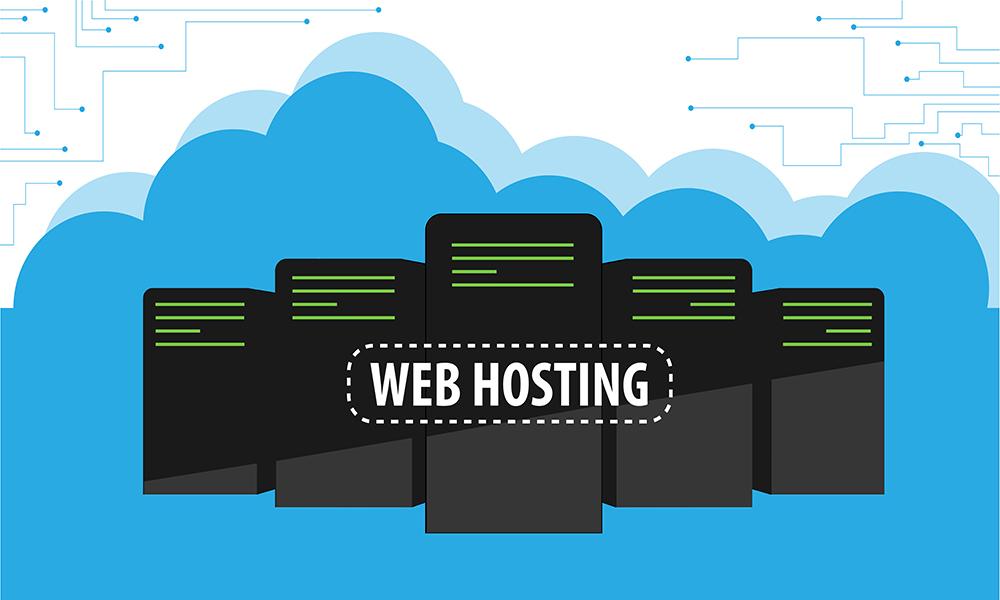
How to Choose the Right Web Hosting Plan with SSD Storage
Choosing the right web hosting plan with SSD storage requires careful consideration of several key factors. First and foremost, you need to understand your website’s requirements. Are you launching a personal blog, an e-commerce site, or a business portfolio? Each type of website has different needs in terms of storage space, bandwidth, and performance.
Next, consider the performance benefits of SSD storage. Solid State Drives are known for their speed and reliability compared to traditional HDDs. They can significantly enhance your website’s load time, which is crucial for user experience and SEO. Here are some specific benefits of SSD storage:
- Faster Load Times: SSDs can reduce loading times dramatically.
- Better Reliability: Less prone to mechanical failure compared to HDDs.
- Enhanced Performance: Ideal for high-traffic websites.
Another essential factor to consider is the scalability of the hosting plan. Look for a provider that allows you to easily upgrade your plan as your website grows. This is particularly important if you expect increased traffic or plan to add more features down the line. Make sure to ask potential hosts about their upgrade paths and if they offer plans that include SSD storage.
Don’t forget to evaluate the customer support options provided by the hosting company. Good support can save you a lot of headaches if you encounter issues. Ideally, the hosting provider should offer:
- 24/7 customer support via multiple channels
- Knowledge base and tutorials
- Responsive technical assistance
take time to compare prices and features across different hosting providers. While SSD storage offers many benefits, it’s essential to find a plan that fits your budget without sacrificing quality. Consider creating a simple table to lay out your options:
| Hosting Provider | Plan Type | SSD Storage | Price |
|---|---|---|---|
| Host A | Basic | 50 GB | $5.99/month |
| Host B | Standard | 100 GB | $8.99/month |
| Host C | Premium | 200 GB | $12.99/month |
By carefully evaluating these factors, you can confidently choose a web hosting plan with SSD storage that meets your needs and helps your website thrive.
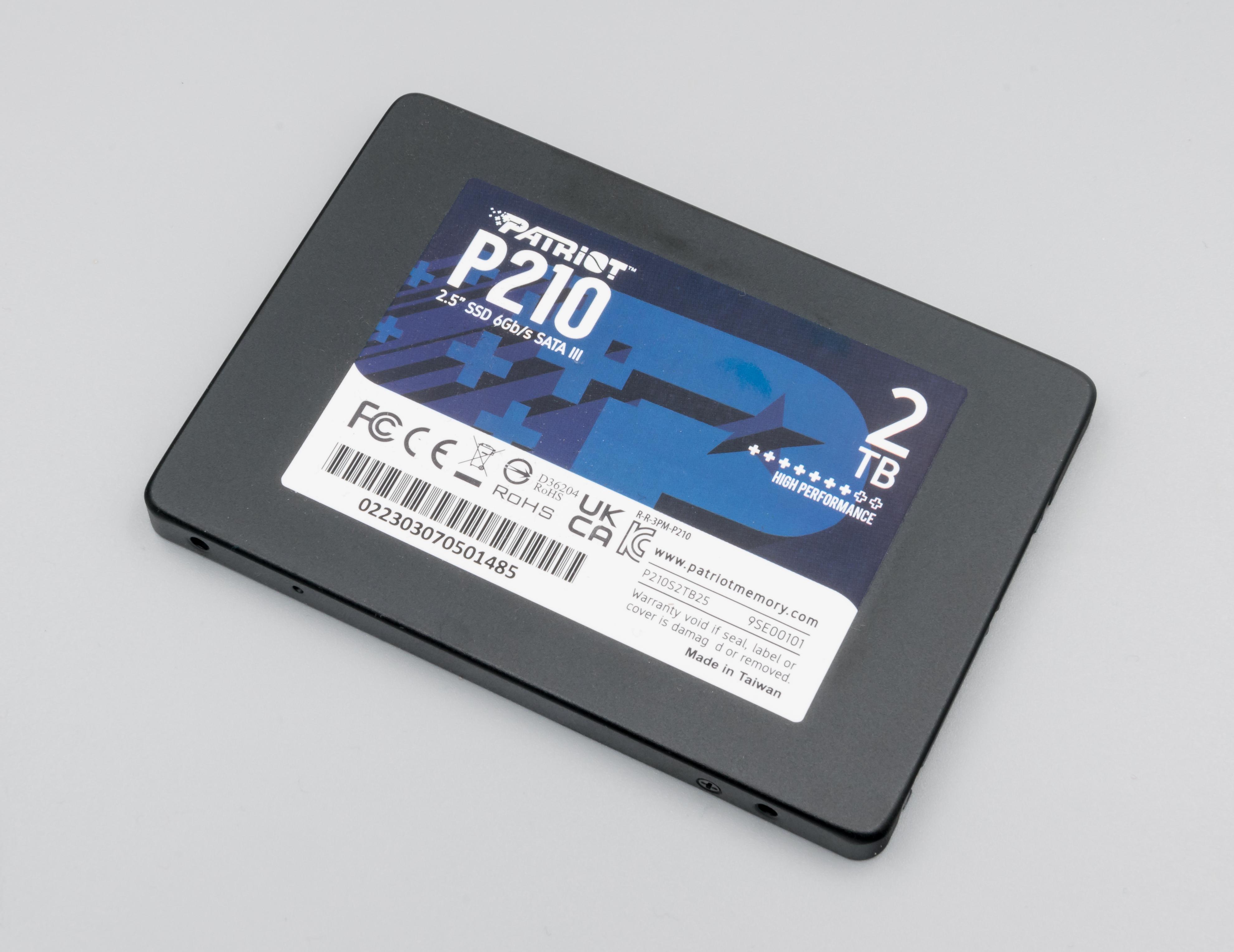
Real-World Benefits: Success Stories of Websites Using SSDs
Many businesses and individuals have made the switch to SSD storage in their web hosting solutions, and the results speak for themselves. Let’s look at a few success stories that showcase the real-world benefits of using SSDs.
1. E-commerce Sites Experience Faster Transactions
An online clothing retailer reported a significant increase in sales after upgrading to SSD hosting. By leveraging the speed of SSDs, they were able to reduce page loading times from an average of 5 seconds to just 2 seconds. This swift enhancement not only improved customer satisfaction but also reduced cart abandonment rates by over 30%. Customers appreciated the seamless shopping experience, leading to increased conversion rates.
2. Improved SEO Performance for Blogs
A popular travel blog experienced remarkable growth in organic traffic after migrating to SSD hosting. With faster loading speeds, their pages ranked higher on search engines, resulting in a 50% increase in visitors within just a few months. The blog’s owner noted that the improved site performance allowed for smoother navigation, encouraging readers to stay longer and explore more content.
3. Enhanced User Experience for SaaS Applications
A startup offering a cloud-based project management tool made the leap to SSDs to ensure their users had the best experience possible. With SSDs, their application loaded in mere seconds, drastically reducing user frustration and enhancing productivity. Feedback from clients highlighted the seamless transition between features, which contributed to a retention rate of 90% over the first year.
4. Fast Recovery from Traffic Spikes
A news website that covers breaking stories faced frequent traffic spikes due to viral news articles. After implementing SSD storage, they noted a remarkable improvement in their ability to handle increased visitors without crashing. The site’s uptime improved, and the team was able to maintain a consistent performance during peak times, ensuring that readers could access the latest news without delay.
5. Table of Key Performance Metrics
| Website Type | Before SSD (Load Time) | After SSD (Load Time) | Traffic Increase | Customer Satisfaction |
|---|---|---|---|---|
| E-commerce | 5 seconds | 2 seconds | 30% decrease in cart abandonments | High |
| Blog | 3 seconds | 1.5 seconds | 50% increase in visitors | Very High |
| SaaS | 4 seconds | 2 seconds | Retention rate: 90% | Excellent |
| News Site | 4 seconds | 1.8 seconds | N/A | High |
These examples illustrate how SSD storage can transform the web experience for businesses and their users. From increased sales and better SEO rankings to improved application performance and user retention, the benefits are undeniable. Embracing SSD technology not only provides immediate advantages but also sets the stage for sustained growth and success in the online landscape.
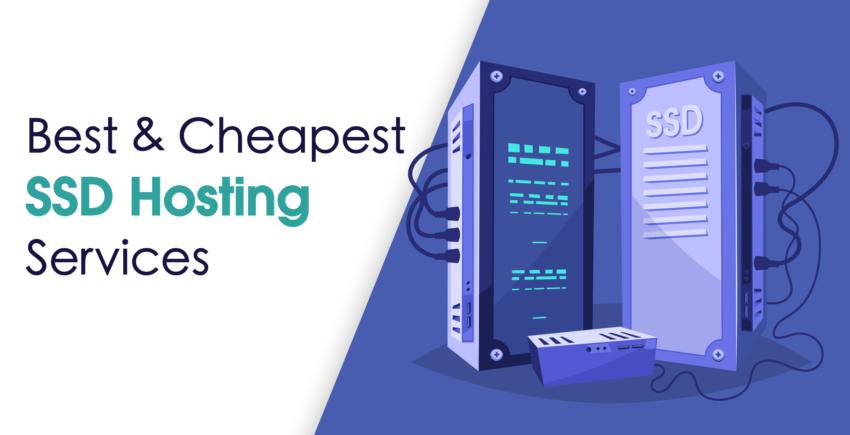
Getting Started: Steps to Migrate to SSD Web Hosting
Making the switch to SSD web hosting can significantly enhance your website’s performance. If you’re ready to dive into this transition, here are some essential steps to guide you through the process:
- Evaluate Your Current Hosting Plan: Take a close look at your existing web hosting service. Consider factors like speed, uptime, and customer support.
- Research SSD Hosting Providers: Not all SSD hosting services are created equal. Look for providers that offer robust uptime guarantees, excellent customer service, and additional features that suit your needs.
- Backup Your Website: Before migrating, it’s crucial to back up all your website files and databases. This ensures that you have a safety net in case anything goes wrong during the transition.
- Choose Your SSD Hosting Plan: Once you’ve settled on a provider, select the SSD hosting plan that fits your requirements. Consider factors like storage capacity, bandwidth, and scalability.
- Migrate Your Website: Many hosting providers offer migration services or tools to help you move your site. Alternatively, you can manually transfer files and databases using FTP or other methods.
- Test Your Website: After the migration, thoroughly test your website. Check for any broken links, missing images, or other issues that might have occurred during the process.
- Update DNS Settings: Once everything is in order, update your DNS settings to point to your new SSD host. Propagation may take some time, so be patient as your changes take effect.
- Monitor Performance: After the migration is complete, keep an eye on your website’s performance. Take advantage of the speed and reliability that SSD hosting offers to improve your user experience.
By following these steps, you can ensure a smooth transition to SSD web hosting. The benefits are well worth the effort, providing your site with the speed and efficiency it needs to thrive in today’s competitive digital landscape.
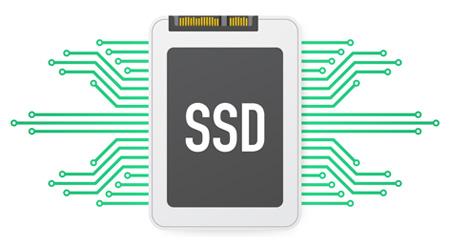
Future Trends: What’s Next for SSD Technology in Web Hosting
As we gaze into the crystal ball of technology, it’s clear that the landscape of SSD storage in web hosting is poised for remarkable advancements. With the ever-increasing demand for speed and efficiency, the next wave of SSD technology will not only enhance performance but also reshape how businesses approach web hosting solutions.
1. NVMe Adoption: One of the most exciting trends is the growing adoption of Non-Volatile Memory Express (NVMe) technology. Unlike traditional SSDs that rely on the SATA interface, NVMe drives connect directly to the motherboard, offering significantly lower latency and higher throughput. This means lightning-fast data access and transfer speeds, making NVMe an essential feature for high-performance web hosting environments.
2. Integration of AI and Machine Learning: The future of SSD technology will see a deeper integration of artificial intelligence and machine learning. These technologies will optimize performance through predictive analytics, allowing web hosts to anticipate storage needs and manage resources more efficiently. Imagine a web hosting service that can automatically allocate bandwidth and storage based on traffic patterns—this level of innovation is not far off!
3. Enhanced Data Security: With the rise of cyber threats, data security will continue to be a top priority. Future SSDs are likely to come equipped with advanced encryption technologies and secure data erasure features, ensuring that sensitive information remains protected. This will be especially crucial for businesses that handle personal or financial data, as compliance with regulations like GDPR and PCI DSS becomes increasingly stringent.
4. Sustainability and Eco-Friendly Practices: As the tech industry becomes more environmentally conscious, SSD manufacturers will focus on sustainable production methods. Future SSDs may use recycled materials and energy-efficient manufacturing processes, which can significantly reduce their carbon footprint. This shift not only benefits the planet but also resonates with consumers who prefer eco-friendly options.
5. Cost-Effectiveness and Accessibility: as SSD technology matures, we can expect prices to drop, making high-performance storage more accessible to businesses of all sizes. This democratization of SSD technology means that even small enterprises can leverage the speed and reliability of SSDs without breaking the bank.
| Trend | Description |
|---|---|
| NVMe Adoption | Faster data access and transfer speeds through direct motherboard connection. |
| AI & Machine Learning | Optimizes performance and resource management in web hosting environments. |
| Enhanced Security | Advanced encryption and secure erasure features for data protection. |
| Sustainability | Eco-friendly production methods and materials for SSD manufacturing. |
| Cost-Effectiveness | Price reductions make high-performance SSDs accessible to all businesses. |
Frequently Asked Questions (FAQ)
Q&A: What is SSD Storage in Web Hosting? (Beginner’s Guide)
Q1: What exactly is SSD storage?
A: SSD stands for Solid State Drive. Unlike traditional hard drives (HDDs), which use spinning disks to read and write data, SSDs use flash memory to store data. This means they can access and transfer data much faster, leading to improved website performance.
Q2: Why should I care about SSD storage for my website?
A: Great question! If you want your website to load quickly, which is crucial for user experience and SEO, SSD storage is the way to go. Websites hosted on SSDs load significantly faster than those on HDDs. This means happier visitors and lower bounce rates!
Q3: How much of a difference can SSD storage make?
A: The difference can be night and day! Websites on SSDs can load up to 20 times faster than those on traditional HDDs. Think about it: a faster website means users are more likely to stick around, explore, and convert into customers. Plus, search engines favor faster sites!
Q4: Is SSD storage more expensive than HDD storage?
A: Yes, SSD storage is generally more expensive than HDD storage. However, consider it an investment. The speed and performance benefits SSDs provide can lead to greater customer satisfaction and potentially higher sales. In the long run, that could outweigh the initial cost difference.
Q5: What types of websites benefit the most from SSD storage?
A: While all websites can benefit from SSD storage, e-commerce sites, blogs with heavy traffic, and multimedia-rich websites—like those featuring videos or high-resolution images—see the most significant improvements. If your site has any performance-critical components, SSDs are invaluable.
Q6: Can I switch from HDD to SSD easily?
A: Absolutely! If you’re currently using HDD storage, most web hosting providers make it easy to upgrade to SSD. Some may even offer free migration services to help you make the switch without any hassle. Just check with your hosting provider for specific details.
Q7: Are there any downsides to SSD storage?
A: While SSDs are fantastic for speed, one potential downside is that they typically have a lower storage capacity compared to HDDs at the same price point. However, with increasing technology advancements, this gap is closing. For most websites, the benefits far outweigh any minor drawbacks.
Q8: How can I find a web host that offers SSD storage?
A: Many web hosting companies now advertise SSD storage as a feature, so it’s becoming increasingly common. Look for hosting plans that specifically mention SSDs, and don’t hesitate to ask customer support about their storage options if it’s not clear.
Q9: Is SSD storage the only option for web hosting?
A: Not at all! You can still find web hosts offering HDD storage. However, we highly recommend considering SSDs if you want the best performance for your website. It’s about choosing the right tool for the job, and SSDs are often the best choice for modern web hosting needs.
Q10: Any final tips for beginners considering SSD storage?
A: Definitely! When shopping for web hosting, compare the features beyond just storage type. Look for reliable uptime, good customer support, and scalability options. An SSD can give you a major performance boost, but you want a host that supports your growth in other ways, too!
By understanding SSD storage and its advantages, you’re already on your way to making a smarter choice for your web hosting needs. So, are you ready to enhance your website’s performance with SSD? Let’s get started!
The Way Forward
Conclusion: Embrace the Future with SSD Storage
And there you have it! Now that you’re in the know about SSD storage in web hosting, you can confidently choose the best option for your website. Whether you’re launching a personal blog, an online store, or a portfolio site, opting for SSD storage can give you that competitive edge.
Remember, speed, performance, and reliability are crucial in today’s fast-paced digital landscape. An SSD can significantly improve your site’s load times, enhance user experience, and even boost your SEO rankings. So, as you embark on your web hosting journey, consider the long-term benefits of investing in SSD storage.
Don’t just settle for good enough—strive for excellence! With SSDs, you’re not just upgrading your storage; you’re upgrading your entire web experience. Take that leap and give your website the speed and performance it deserves. Happy hosting!





